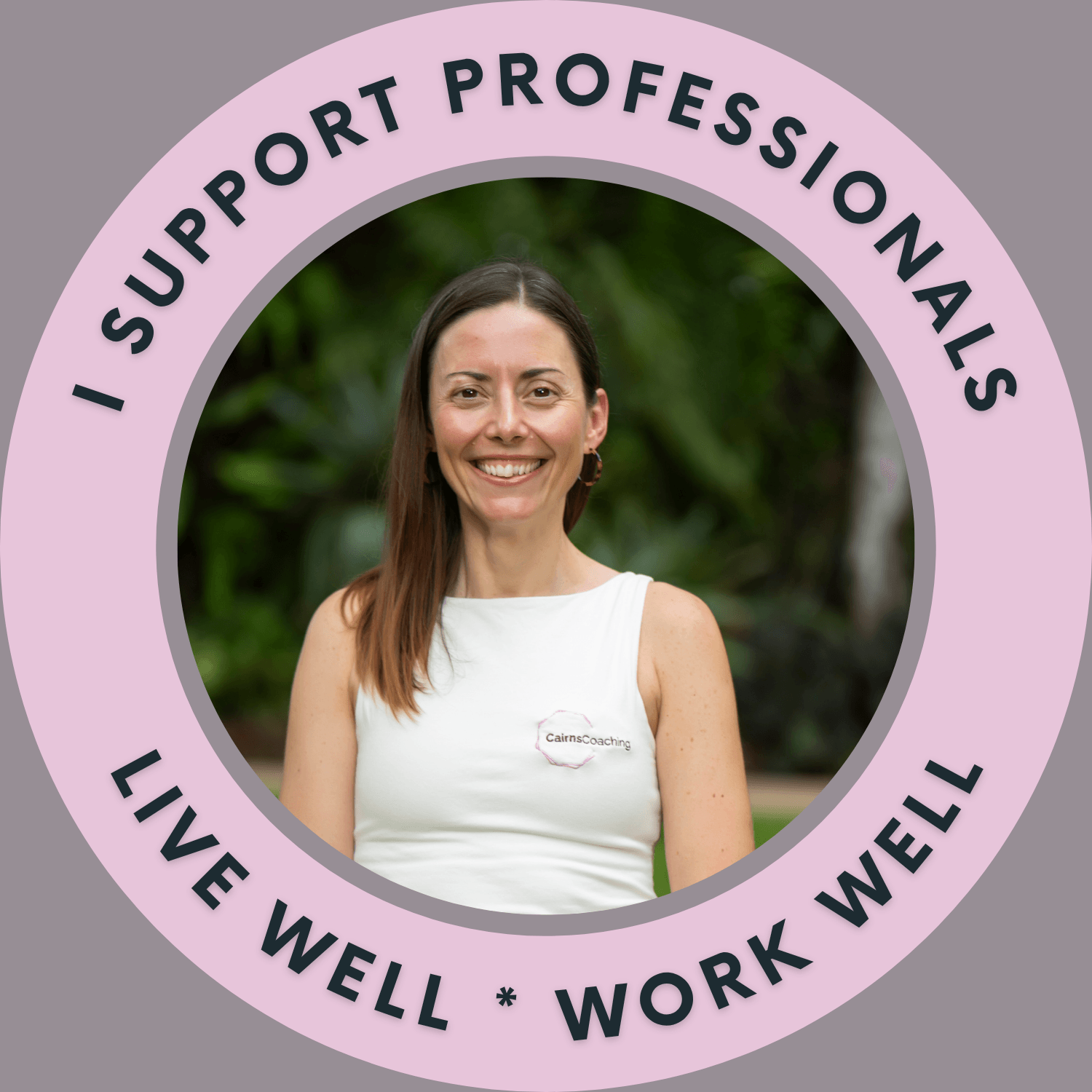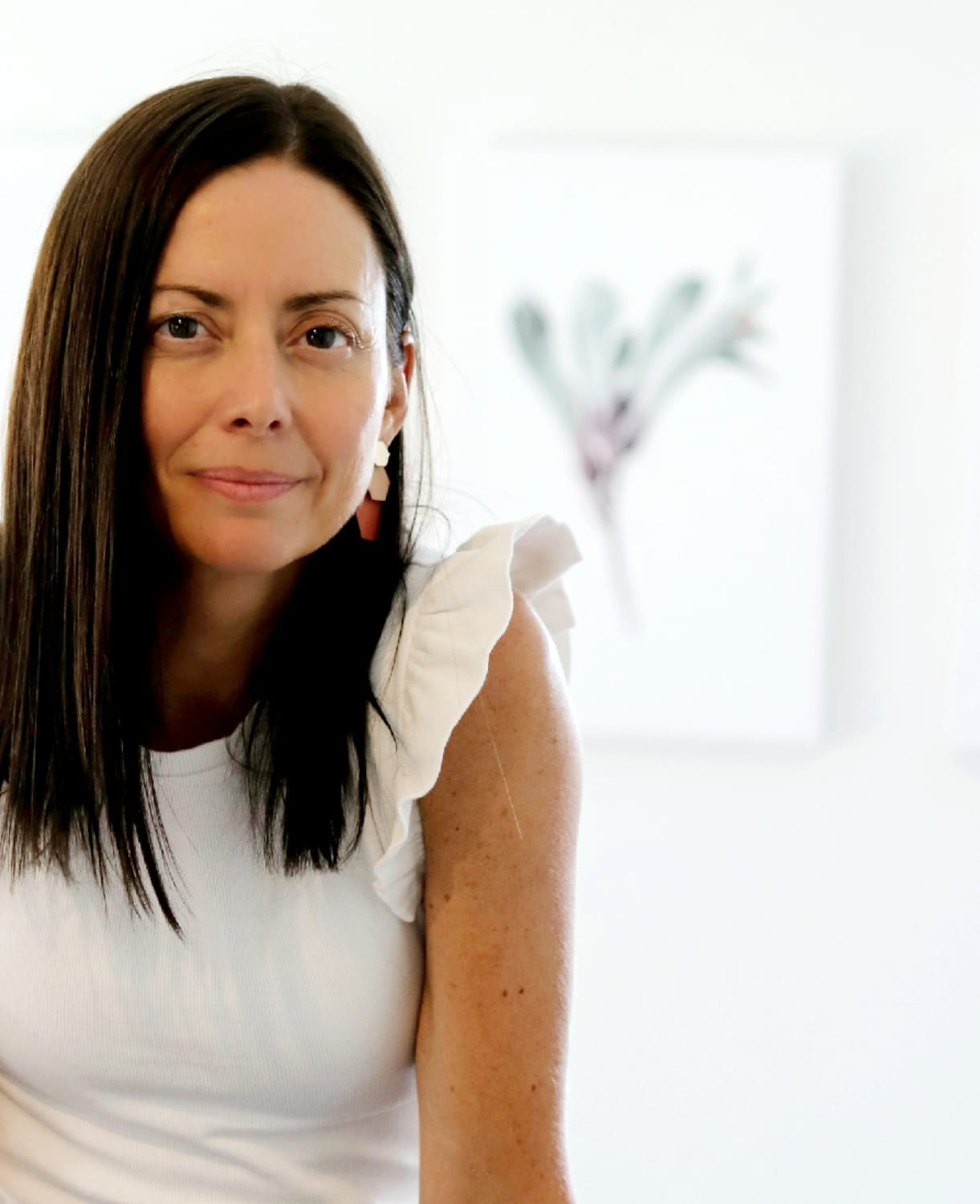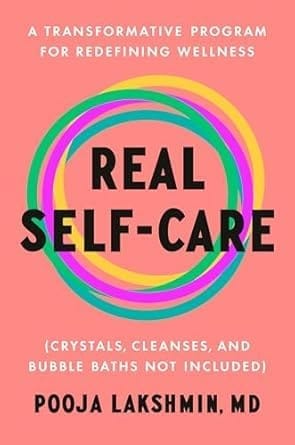Boundaries are HARD (but burnout is WORST) - Here's what you can do
Boundaries keep you healthy and energised — so why do they feel so hard to set?
Burnout is everywhere right now. In fact, almost half of Australian employees (46%) report experiencing burnout in 2025 (according to the Leading Mentally Healthy Workplaces Report 2025).
4 in 5 Australian workers feel burnout, but do not tell their boss, according to Robert Half's 2024 Report, and a separate survey found that nearly half of working Australians have turned up to work exhausted, according to the HIF Sleep Index Survey.
🤯 That’s huge. And it might even be your reality.
There are many ways to protect our employees from burning out, but this article is about self-leadership - it's about the shifts you can make to take ownership of your own wellbeing.
Boundaries are one of the most important first steps to protecting yourself, so let's go there.
"You do not have to set yourself on fire to keep others warm."
Boundaries Are Misunderstood
Boundaries are often seen as a separation from others.
Even the word “boundary” can feel heavy — like a fence, or the rejection of other people.
You might see boundaries, or saying "no" to a request as being rude, or mean. Perhaps it was never modelled to you as a child, and you do not think it's ok to look after yourself instead of others.
Perhaps it is a belief that you have: that others come first.
You feel responsible for other people's happiness.
But boundaries can be honest conversations. Negotiations. They can be bridges, rather than fences - a bridge that links relationships and your wellbeing.
They can be limits we set with ourselves, too. They can be simple habits or rituals that protect our energy, our time, and our health.
Most importantly, boundaries keep you well, so you can keep showing up for the people and things that matter most.
👉🏼 Boundaries are primarily a mindset game.
The Research Behind Boundaries
Our brains make boundaries feel hard, because:
We’re wired to avoid conflict and keep others happy - we don't want to get kicked out of the "pack".
We feel guilty saying “no” because it feels like a rejection of the person, not the request.
We confuse boundaries with being selfish, when in fact they’re acts of respect and self-protection.
According to Dr. Pooja Lakshmin, author of Real Self Care, boundaries are one of the four core principles of real self-care (alongside values, assertiveness, and self-compassion). I love that they are part of a researched healthy self-care regime (the deeper, more impactful kind - not bubble baths and pedicures!).
I highly recommend this book 👇🏼
Why Boundaries Matter
The more we say yes, the more people get used to us saying yes, taking on more work, more responsibilities. We become trapped in those high expectations from everyone. It becomes part of our identity: we are the caring, generous, reliable human who saves and supports everyone.
But we are exhausted.
There's only so much one human can do.
Here’s the thing: when we don’t set boundaries, stress piles up.
Stress affects your brain’s ability to focus and make decisions. It drains your body, lowers your immunity, and contributes to your risk of burning out.
When you burn out, there’s nothing left for you, or for anyone else. Nobody wins.
The research is clear: boundaries help reduce emotional exhaustion, bring focus back, and protect your most valuable resource: your energy.

Start where you are
Take a moment to reflect:
Do you admire people with strong boundaries? Or do you see them as selfish? If you believe boundaries are selfish, it will feel nearly impossible to create them. Start the work there!
Do you feel drained after certain people, tasks, or events?
Do you often say yes when you’re already stretched too thin?
What would it mean for you if you set just one small boundary today?
The mental shift comes first: it’s your life, and you don’t have to live for others. Yes, you support others, but you can’t keep pouring from an empty cup.
Small Steps, Big Ripple Effect
Boundaries don’t have to be big or to involve anyone.
You will still see the ripple effect. Start with setting boundaries with yourself (and upholding them!)
Examples of self-boundaries:
Nutrition: “I’ll use a smaller plate,” or “only two cookies.”
Activity: “I’m no longer drinking Friday nights, so I can walk Saturday morning.”
Work: “I’ll finish work early on Fridays to sneak in a walk before school pick-up.”
I will turn my phone on silent from 5pm-8pm to be fully present with my family.
I will turn my laptop off at 6pm, put an out-of-office reply, and not look at it again until the morning.
I will not volunteer [there] anymore.
Then, start setting small boundaries with others.
When you set boundaries with people, here are a few key things:
Know why you’re setting it. Is it to protect your energy? To stay healthy for your kids? To enjoy life more? Connecting to your values makes the boundary stronger and easier to communicate.
Keep it simple. “No” is a full sentence. You don’t always have to justify or over-explain. Say no, here and there, to events you don't want to go to, volunteering, babysitting...
Use a formula. You can say: “I can’t do this one; thanks for thinking of me.” Or: “I can’t stay late tonight, but I’m available tomorrow morning.”
⚠️If someone takes advantage of you, or if you’re dealing with difficult personalities, you may need firmer limits. And that’s okay too. Prepare for pushbacks from some people - stay respectful, but firm.
Here are some other examples:
Start telling your friends that you do not check your phone at certain times, so not to expect a quick reply.
Tell your colleagues, or put in the work calendar, that you leave at 3pm on Fridays now and they won't be able to contact you.
Ask your friends to catch up for lunch instead of dinner so you can go to bed earlier.
Gain Trust, Gain Respect
Here’s the insight most people miss: others actually respect people with boundaries.
Why? Because boundaries show clarity.
They show that you know who you are and what matters to you.
They make you more reliable, consistent, and present.
Yes, some people may think you are “selfish”, but that’s usually their discomfort talking, not the truth.
Boundaries aren’t walls. They’re not selfish. They’re self-care, respect, and strength. And once you take that first small step, the ripple effects can be life-changing.
Protect your energy. Set the boundary. Future you will thank you.


About the Author

Hi! I’m Sophie, and I’m so glad you’re here.
I help people build resilience to prevent burnout. I help them rebuild sustainable energy, habits, and mindset - one small, practical shift at a time.
We all have the power to improve our life and to be happier and healthier in both work and life.
I’m here to help you do exactly that.

Recent Articles - All Categories
Thoughts and ideas for busy, brilliant humans
Join my mailing list - every edition delivers:
• Quick mindset shifts + wellbeing practices everyone can use today.
• Insights and tools leaders and HR can bring into the workplace.
• Updates and news that will make you happier and healthier.

I respectfully acknowledge the Traditional Owners of the land on which I coach, collaborate and grow, the Gimuy Walubara Yidinji and Yirrganydji Peoples. I acknowledge and pay respect to Aboriginal and Torres Strait Islander Peoples as the world’s oldest living culture and embrace their continued connection to land, waters and community. I pay my deepest respect to all Aboriginal and Torres Strait Islander Elders past and present.
I also recognise, value and celebrate diversity and act in the spirit of inclusion.




